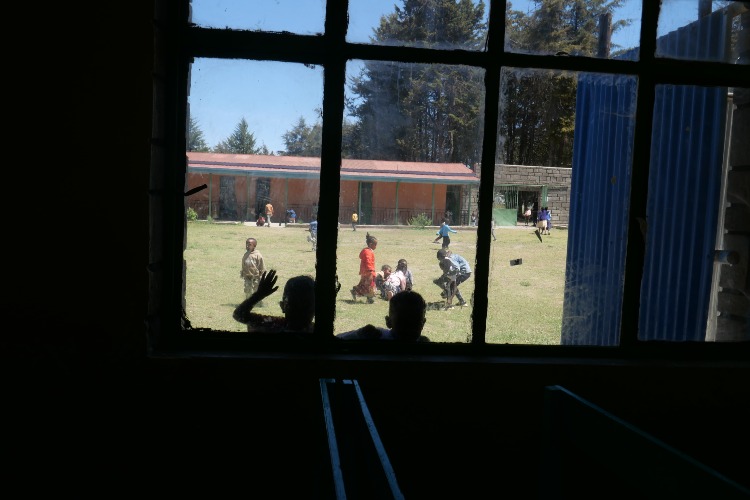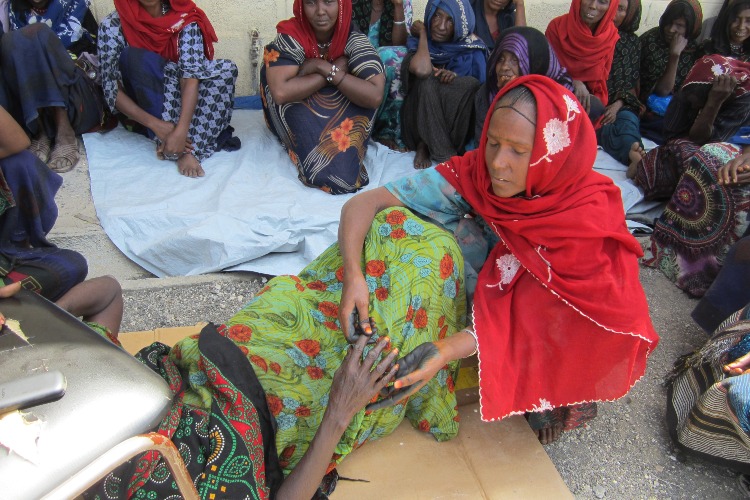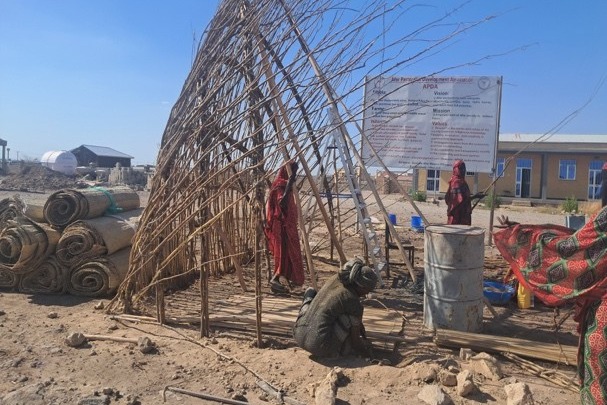Helping Ethiopians live with dignity until the end
15 January 2024

.
Getahun is a palliative care nurse who provides care and support for terminally ill patients in Hawassa, Ethiopia.
Until recently, end of life care for people has been almost non-existent in Ethiopia. But things are changing thanks to dedicated people like Getahun Sintayenu.
In the video interview below, Getahun shares how our project partner, Hospice Ethiopia, is bridging the gap in end-of-life care for Ethiopians.
.
Q: Tell us a bit about yourself, Getahun.
Getahun: My profession is nursing, and I began my career in cancer care. I’ve been in palliative care for the past seven years and I currently work for Hospice Ethiopia. I’m passionate about caring for patients at the end of their journey.
Q: Is hospice care widely available in Ethiopia?
Getahun: In Ethiopia, we have around 100 million people. Yet access to palliative care is very limited. Many people in this country with advanced cancer or HIV/AIDS don’t know what is happening to them. The majority die in pain and without dignity. Hospice Ethiopia is the only specialised hospice program in the country.
Q: What services does Hospice Ethiopia provide?
Getahun: Hospice Ethiopia is the first home-based palliative care service. We are in the city of Hawassa. Our team members visit patients' homes for regular check-ups. We monitor their physical and emotional wellbeing. We also run an outpatient clinic and a day centre where people can get social and emotional support. We provide grief counselling and financial support for family members. We receive no government funding. Our services are 100% funded by the generosity of people who have compassion for our patients.
Q: What do your patients like about your home-based service?
Getahun: Our patients appreciate the caregiving, psychological support and access to pain medications. We help them have quality of life until the end. It means so much to their families as well.
Q: What is the biggest challenge in providing palliative care in Ethiopia?
Getahun: Pain management medications are very limited. The other issue is a shortage of qualified palliative care workers. We need to train more doctors in this field. Awareness of the importance of palliative care is also very low. Some health care providers still don’t understand why palliative care is important. It needs more resources and much more focus in Ethiopia.
Q: What impact are you and your team having in Hawassa?
Getahun: I’m passionate about supporting people in palliative care. Hospice Ethiopia is currently the best organisation providing this service. We have a big vision for home-based palliative care. Around 120 patients in the last two years have received this support. This is a big achievement and great progress for our community.




